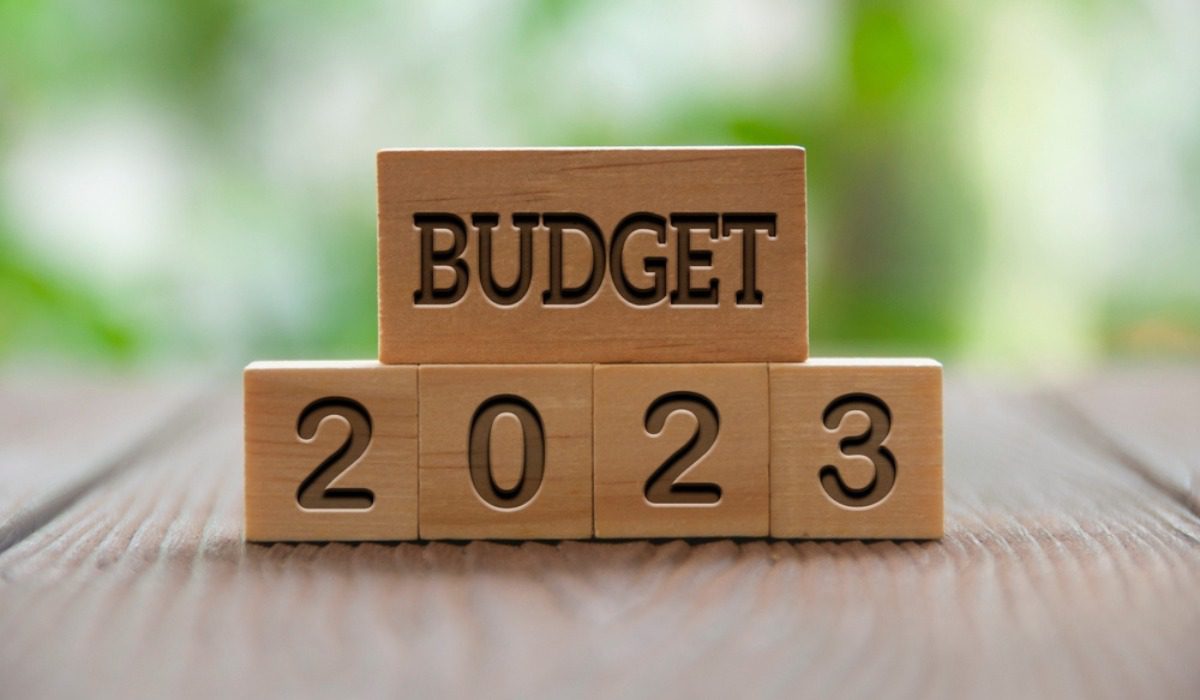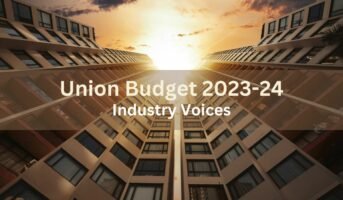The measures announced in the Union Budget 2023-24 will go a long way in shaping India’s real estate sector. In fact, the average homebuyer got busy in his tax calculations immediately after Finance Minister Nirmala Sitharaman’s Budget Speech while industry stakeholders lauded it for its long-term outlook. While the long-standing demands of the sector remained unmet, the Budget makes a long-term commitment towards green growth while focusing on augmentation and enhancing urban infrastructure, technology and inclusive development.
What the industry has to say?
The government’s focus on infrastructure, investment and housing for all in today’s Budget is commendable, says Ashish Puravankara, MD, Puravankara.
The steep hike in outlay for the PM Awas Yojana by 66% to Rs 79,000 crore will give the much-needed fillip to the affordable housing sector. Another steep hike of 33% in the capital investment outlay, which translates to 3.3% of the GDP, is a bold move which will help India in its goal to become a $5 trillion economy by fuelling investments and job creation.
“The government has shown its seriousness in building an environmentally sustainable economy by including ‘Green Growth’ as one of its priority areas and reiterating India’s goal to achieve net zero carbon emissions by providing Rs 35,000 crore for priority capital investments. The green credit programme is unique and will incentivise companies to take environmentally responsible actions. We think today’s announcements will help ensure continued economic growth and hence positive sentiments for housing demand in 2023,” says Puravankara.
Harsh Vardhan Patodia, president, CREDAI-National, believes that an increased capital outlay for a third year in a row to Rs 10 lakh crore amounting to 3.3% of the GDP, a hike of 66% to over Rs 79,000 crores for the PM Awas Yojana and the Rs 9000-crore Credit Guarantee Scheme for MSMEs will have a positive multiplier effect on economic growth and help realise the PM’s vision for ‘Housing for All’.
“Continuing its focus on urban planning reforms to develop sustainable cities for tomorrow, the allocation of Rs 10,000 crore to the NHB for infrastructure development, the highest ever railway outlay at Rs 2.4 lakh crore and increased regional connectivity through 50 more additional airports, helipads, water aero drones, advanced landing grounds will also boost affordable regional connectivity and will add impetus for infrastructure development, especially in tier-II and III cities which will help the Indian economy to remain less impacted by a global slowdown,” says Patodia.
Dhruv Agarwala, group CEO, Housing.com, PropTiger.com & Makaan.com, agrees that the Budget allocation for the PMAY is a significant step towards fulfilling the government’s commitment to provide affordable housing to the urban poor.
“The extension of the CLSS will give homebuyers the financial flexibility to make their purchase, thereby helping to achieve the government’s goal of completing 80 lakh houses under the PMAY. The hike in funding for PM Awas Yojana is a positive development in the affordable housing market and an important step towards creating a more inclusive society,” says Agarwala.
Some, however, had higher expectations.
Sachin Bhandari, executive director & CEO, VTP Realty, calls the Budget a populist one, coming ahead of the General Elections, which has ignored the sector completely.
“The real estate sector is completely ignored in the entire Budget Speech. It is the second largest contributor to the GDP; it is also the second largest employer in the country. It has a phenomenal cascading effect on multiple allied industries. Despite that, there is not a single initiative to incentivize the real estate sector and that is disappointing for the whole sector,” says Bhandari.
He, however, adds, “Specific to the real estate industry in India, the HNI customers will have more money in hand because of this Budget. It is effectively reducing their tax outflow from 43% to 39%, ensuring a net savings of 4% for the HNIs. As an example, if an HNI is having an annual income of Rs 5 crore, their net savings due to this change will be approximately Rs 15 lakh per annum. This saving will give that person an additional Rs 1.5 crore of home loan eligibility, thereby allowing that customer to buy a costlier home.
“Increase in infrastructure investments has gone up by 33% to Rs 10,000 crore. This will create huge employment across all levels, especially in the labour class. Therefore, money circulation in the economy is expected to increase drastically. This will lead to increased spending in the consumer segments, from FMCG to real estate to consumer retail,” he adds further.
Within the built environment of Indian real estate, there is a general consensus that the dedicated investment of Rs 10,000 crore through the urban infra development fund will result in creation of quality of urban infrastructure and hence translate into higher demand for housing and commercial real estate. The expected changes in income tax slabs will result in higher disposable incomes, boding well for prospective homebuyers, mainly in the affordable and mid segment. The announcement to set up 100 labs for developing 5G service applications in India will give a boost to start-ups and fuel the IT sector that could spark the demand for commercial spaces.

Ravi Sinha is a journalist with nearly two decades of cross-discipline media exposure. He is the CEO of real estate think-tank group Track2Realty. He has been writing extensively on the real estate sector for nearly a decade. Evaluation of real estate brand performance is his expertise and he has immense insight into consumers’ psychograph in the property market.
Twitter: https://twitter.com/ravitrack2media











